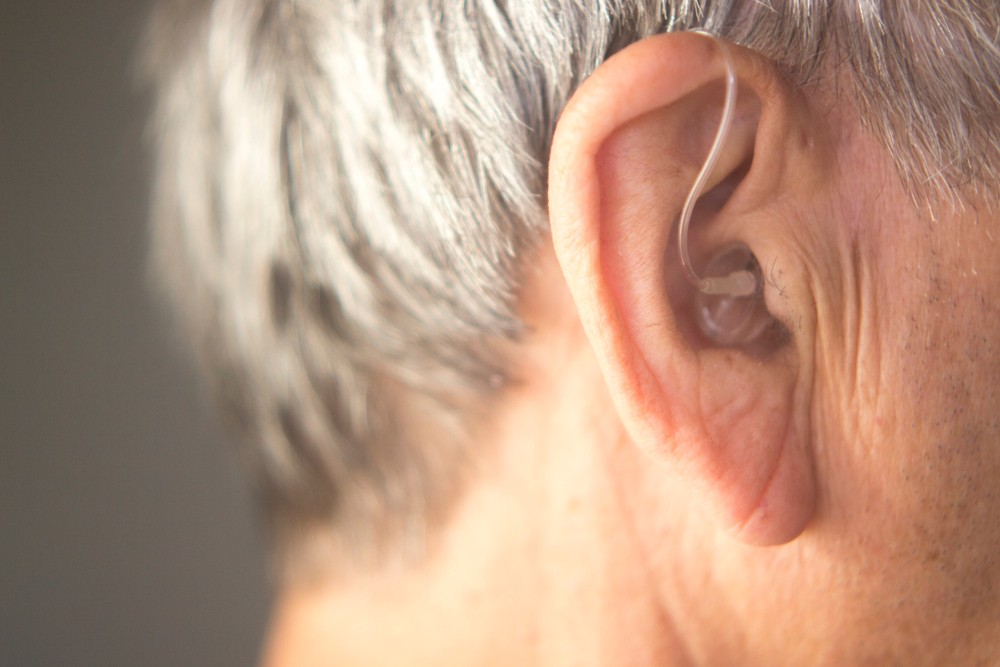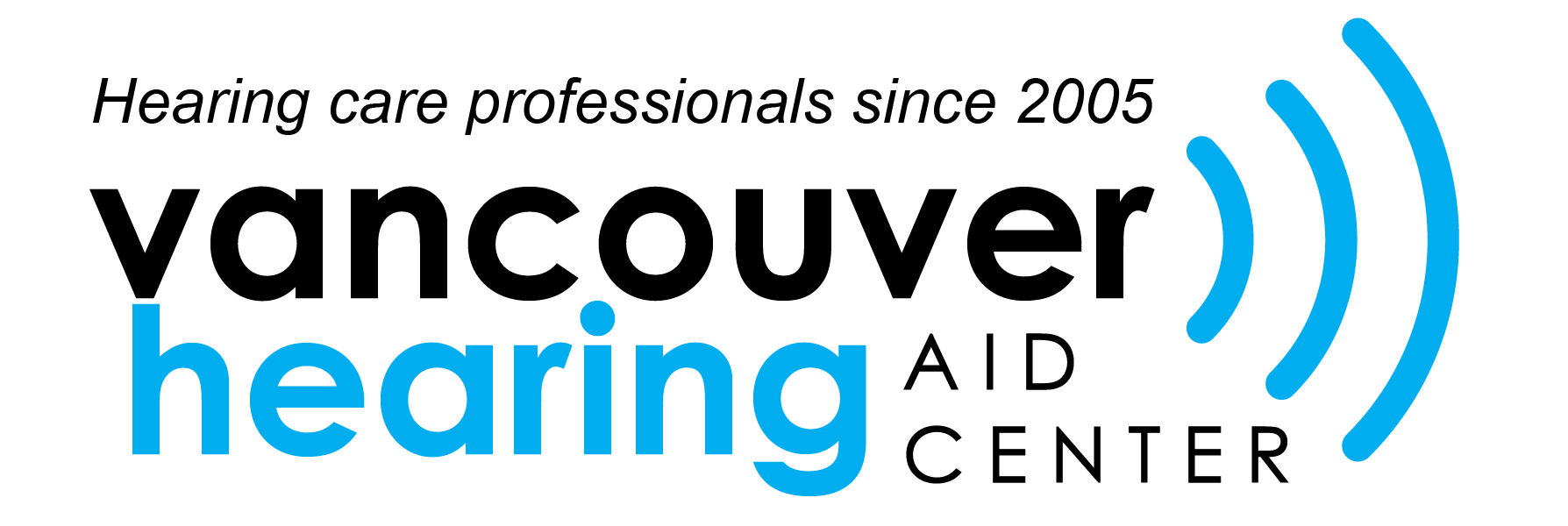
Hearing is a fundamental sense that connects us to the world around us, allowing us to engage in conversations, enjoy music, and stay aware of our surroundings. However, many people do not recognize the early hearing loss symptoms that can indicate a deeper issue. Studies have shown a strong link between hearing impairment and cognitive decline, making it crucial to address hearing concerns as early as possible. In Vancouver, Washington, specialists emphasize the importance of proactive hearing care to maintain both auditory and cognitive health. Understanding the initial indicators of hearing deterioration can help individuals seek timely intervention and minimize potential long-term consequences.
Subtle Changes in Everyday Communication
One of the first signs of hearing impairment is difficulty understanding speech in noisy environments. Individuals experiencing early hearing loss symptoms may find it challenging to follow conversations in crowded restaurants, offices, or family gatherings. They may frequently ask others to repeat themselves, misinterpret words, or struggle to distinguish similar-sounding words. This can lead to frustration and social withdrawal, as communication becomes increasingly difficult.
Another common indicator is an increased dependence on lip-reading or facial expressions to understand speech. People may unknowingly rely on visual cues to compensate for their diminished hearing, which can become apparent when they struggle to comprehend conversations in low-light settings or when talking on the phone. Additionally, loved ones might notice that the affected person speaks louder than usual or keeps the television volume at an uncomfortably high level. Recognizing these subtle communication difficulties early on can prompt individuals to seek professional hearing evaluations and explore appropriate hearing loss treatment options.
Cognitive Strain and Mental Fatigue
Hearing loss places an added burden on the brain, forcing it to work harder to decipher sounds and fill in the gaps where auditory information is missing. This extra cognitive load can lead to mental fatigue, reduced concentration, and difficulties with memory recall. As the brain reallocates resources to compensate for hearing impairment, other cognitive functions may suffer, increasing the risk of cognitive decline.
Research suggests that untreated hearing loss can accelerate brain atrophy, particularly in areas associated with speech processing and memory. This decline in cognitive function can contribute to an increased risk of developing conditions such as dementia and Alzheimer’s disease. Individuals in Vancouver, Washington, who experience frequent mental exhaustion or difficulty focusing should consider undergoing a hearing assessment to determine whether hearing impairment is a contributing factor.
Emotional and Social Impacts of Hearing Decline
The effects of hearing loss extend beyond communication difficulties, significantly impacting emotional well-being and social interactions. Many individuals with untreated hearing loss experience feelings of frustration, embarrassment, and isolation. They may withdraw from social activities or avoid engaging in conversations to prevent misunderstandings, leading to a decline in overall quality of life.
The psychological toll of hearing impairment can also contribute to anxiety and depression. People may feel disconnected from their loved ones and develop a sense of loneliness, further exacerbating cognitive decline. Seeking hearing loss treatment early can help restore confidence, improve social interactions, and enhance emotional well-being. Hearing specialists in Vancouver, Washington, offer various solutions, including hearing aids and assistive listening devices, to help individuals reconnect with their environment and maintain an active social life.
Seeking Timely Intervention and Treatment Options
Addressing hearing loss early is crucial in preventing cognitive decline and maintaining overall health. Modern advancements in hearing technology provide effective solutions for individuals experiencing hearing impairment. Hearing aids, for instance, can enhance auditory perception, reduce cognitive strain, and improve speech comprehension. Many devices now incorporate advanced features such as noise reduction, directional microphones, and Bluetooth connectivity, offering a seamless listening experience.
In addition to hearing aids, other treatment options include cochlear implants, auditory training programs, and lifestyle modifications. Individuals should schedule regular hearing check-ups with a professional to monitor changes in their auditory health. In Vancouver, Washington, audiologists and hearing specialists provide comprehensive evaluations and personalized treatment plans to help individuals manage their hearing loss effectively. Early intervention not only preserves hearing function but also supports cognitive health and overall well-being.
Emphasizing Preventative Measures for Long-Term Health
While treatment options are available, prevention remains the best approach to protecting hearing and reducing the risk of cognitive decline. Practicing good hearing habits, such as avoiding prolonged exposure to loud noises, wearing hearing protection in noisy environments, and maintaining a healthy lifestyle, can contribute to long-term auditory health. Additionally, staying socially engaged, participating in mentally stimulating activities, and seeking regular hearing assessments can support both hearing and cognitive function.
Recognizing early hearing loss symptoms and seeking timely intervention can make a significant difference in preserving cognitive health and quality of life. In Vancouver, Washington, individuals have access to expert hearing care services that can help them navigate their hearing journey. By taking proactive steps, individuals can enhance their communication abilities, maintain mental sharpness, and continue enjoying meaningful interactions with their loved ones.
Need a Hearing Aid Center in Vancouver, WA?
Established in 2005, Vancouver Hearing Aid Center is a full-service hearing aid store located in Vancouver, Washington. At our location, we provide in-store repairs, sales, evaluations, fittings, consultations, and exams. We also providers of LNI, TRU, and Managed Care. Finding the right hearing professional to care for your hearing health is an important step in getting the assistance you need, and we’re excited to be a part of your journey! 40 + yrs in service. Drop by or give us a call today!

